What Is Colon Cancer?
Colon cancer refers to a tumor arising from colonic mucosal epithelium which becomes malignant under the impact of various carcinogenic factors like environment, genetics, etc. It often occurs in rectum and the junction of rectum and sigmoid colon. The incidence rate of colon cancer is second only to gastric and esophageal cancer. Conlon cancer is more common in the people at age of 40 to 50 and patients with colon cancer who are under age of 40 accounts for approximately 15%. The male and female ratio is 2:1.
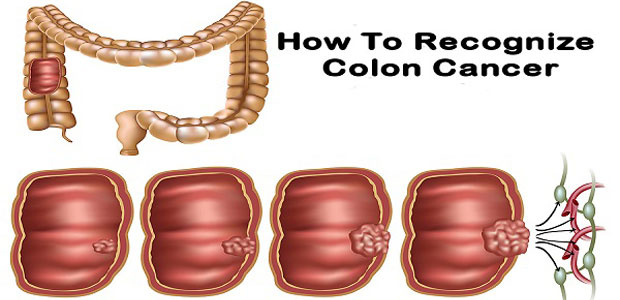
Causes of Colon Cancer?
1. Diet: diets high in fat or low in fiber are believed to predispose humans to colon cancer.
2. Genetics: if first-degree relatives develop colon cancer, the risk of the next generations developing colon cancer is higher than others.
3. Colon polyps: polyps grow in the inner wall of colon or rectum, which are benign initially but it is likely to become malignant.
4. Crohn’s disease or ulcerative colitis: the risk of developing colon cancer in patients with Crohn’s disease or ulcerative colitis is 30 times higher than others.
If you're diagnosed with cancer, please contact us or consult the doctors online.
Who are High-risk Populations?
1. The population has a history of familial polyposis.
2. The people have first-degree relatives with colon cancer.
3. Occult blood test shows positive in a long term.
4. Patients develop chronic ulcerative colitis.
5. The population has chronic diarrhea or chronic constipation.
Stages of Colon Cancer are:
Stage 0: abnormal cells are found in the wall of colon and colon cancer in this stage is also called primary cancer.
Stage I: Cancer is in the inner layers of colon, invading submucosa
Stage II: Cancer has spread through the muscle wall of the colon, but it has not spread to lymph nodes.
Stage III: Cancer has spread to the lymph nodes around colon, but it has not invaded other parts of body.
Stage IV: Cancer has spread to other organs, such as lung, liver, abdominal wall, ovary, etc.
Reoccurrence: colon cancer reoccurs after treatment and the recurrent regions are colon or other organs.
If you're diagnosed with cancer, please contact us or consult the doctors online.
Traditional Chinese Medicine
Combined with traditional Chinese medicine, firstly, human body can get back to be dynamic balance, secondly, complications after surgery can be reduced, thirdly, sensitivity to radiation therapy and chemotherapy can be enhanced, reduced toxic side effects, fourthly, risk of reoccurrence and metastases can be decreased, thus patient’s quality of life can be improved and survival rate can be prolonged.
Minimally Invasive Therapy: 2-3mm incision, few side effects, little pain
Nanoknife: Non-thermal ablation, the ablation of Nanoknife mainly uses electric pulses to break through the cell membrane of cancer cells via high voltage pulse released by an electrode probe to form multiple nanoscale irreversible electroporation, destroying internal and external cell balance then and making cells die quickly.
If you're diagnosed with cancer, please contact us or consult the doctors online.
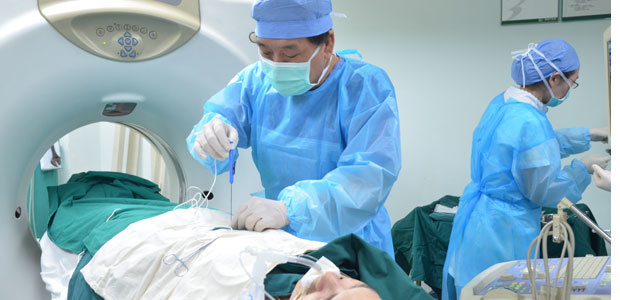
Microwave Ablation: With high efficiency and short operating time, microwave ablation can ablate a tumor with 6cm diameter in 10 minutes generally, with high safety, few toxic side effect and low recurrence rate.

Interventional therapy: With a 1-2 millimeter incision, anticancer drugs are directly given to the tumor, causing fewer side effects and drug concentration is 2-8 times higher than that of systemic chemotherapy, killing cancer cells more accurately.
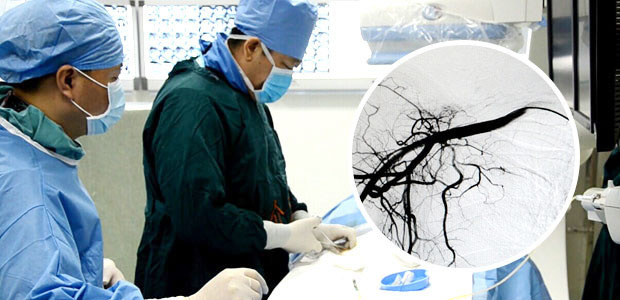
Cryotherapy: This therapy overcomes the limitations of anesthetic and avoids the risks and complications of surgery; little bleeding and quick recovery; little damage to normal tissues and can be performed repeatedly to prevent recurrence of liver cancer.
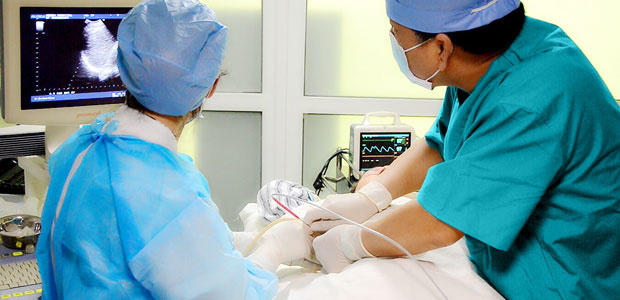
Seed Implantation: These implanted particles will keep emitting y-ray within the tumor, targeting to the cancer cells accurately; the radiation of seeds to tumor last for 180 days, high accuracy, millimeter minimally invasive; few toxic side effects and complications.
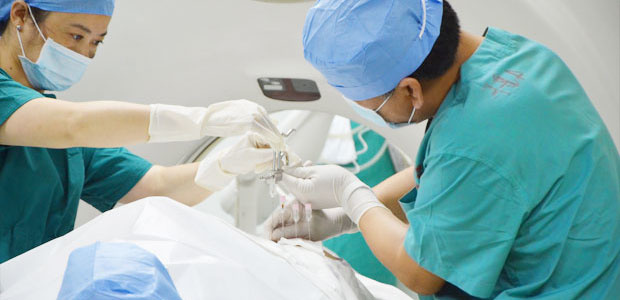
If you're diagnosed with cancer, please contact us or consult the doctors online.


 (MY)+60 10-898 8919
(MY)+60 10-898 8919


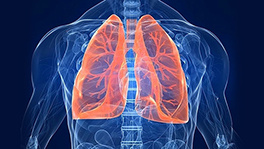









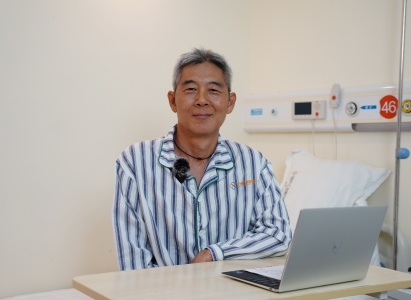
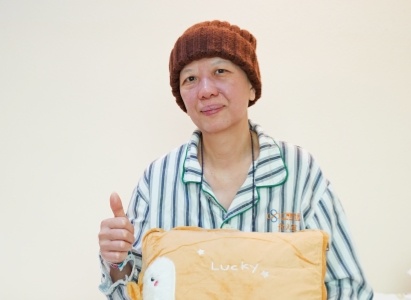












 Leave
Leave